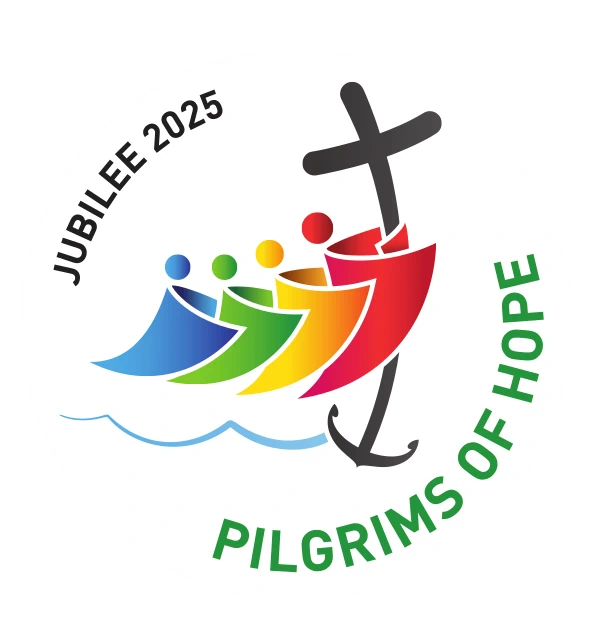At St Charles Catholic Voluntary Academy the children are taught traditional Catholic prayer.
These prayers can be used at home to support parents in developing their children’s knowledge of prayer and to continue to develop their children’s understanding of what the words mean to us as Christians today.
When children first start at St Charles they are taught how to make the sign of the cross. The teacher will mirror and say:
From my head
To my heart,
From my shoulder to my other shoulder
God loves me
Grace Before Meals
Bless us, O Lord, as we sit together.
Bless the food we eat today.
Bless the hands that made the food.
Bless us, O Lord.
Amen.
Hail Mary
Hail Mary, full of grace,
the Lord is with thee:
blessed art thou among women,
and blessed is the fruit of thy womb, Jesus.
Holy Mary, Mother of God,
pray for us sinners,
now and at the hour of our death.
Amen.
Sorry Prayer (Act of Contrition)
Oh, my God, because you are so good,
I am very sorry that I have sinned against you,
And by the help of your grace, I will try not to sin again
Amen.
Sign Of the Cross
In the name of the Father,
and of the Son,
and of the Holy Spirit.
Amen.
Morning Promise Prayer
Father in Heaven, I give you today.
All that I think and do and say.
And I offer it, with all that was done.
By Jesus Christ your only Son.
Amen
Our Father
Our Father, who art in heaven,
hallowed be thy name.
Thy kingdom come.
Thy will be done on earth, as it is in heaven.
Give us this day our daily bread,
and forgive us our trespasses,
as we forgive those who trespass against us.
And lead us not into temptation,
but deliver us from evil.
Amen.
Expectation of Prayer Composition
All – Know that a prayer begins with ‘Dear God/Lord’ and ends with ‘Amen’.
EYFS – Say and begin to write a sentence saying thank you, sorry or please (mostly about family)
Year 1 – Begin to write a series of sentences saying thank you, please or sorry.
Year 2 – Write a series of sentences saying thank you, please or sorry – children should start to
include more religious language and show reference to other prayers that they may know.
Year 3 – Children start to compose prayers, using sentences to form verses. Prayer should start to contain sacramental language – Baptism, Reconciliation, Eucharist, Forgiveness.
Year 4 – Children should start to become aware of community and global issues and start to reflect these in prayer. Children should show an awareness that they can ask God to help them become better people (e.g. asking for greater patience). Children should start to use a variety of ways of opening and concluding their prayers such as:
- Let us pray….
- We ask God ….
- We pray that….
- Today we remember….and so ask God to ….
- Heavenly Father… Lord, Jesus……
- Lord in your mercy, hear our prayer
- Lord hear us
Year 5 – Children should build upon the prayer styles they learned in Year 4 and form full verses, saying please, sorry or thank you. Children should begin to reference character attributes of famous Christian figures and saints (St Ralph Sherwin etc) and ask for help in becoming more like these figures. Children should start to reference specific global issues –e.g. current natural disasters or humanitarian crises. To start to include scripture by getting pupils to reference to ….e.g. – Jesus taught us in the parable of the Prodigal Son (Forgiving Father) that God loves us even when at times we let Him down. Today we ask God to love us even more when we need Him the most.
Year 6 – Children should build upon the prayer styles they learned in Year 4 and 5. Children should write fully formed prayers saying please, sorry or thank you. Their prayers should include by any religious language that they have acquired throughout their time at school. Children should confidently reference current global issues and prayers should allow for an aspirational tone, looking to the future with optimism.



